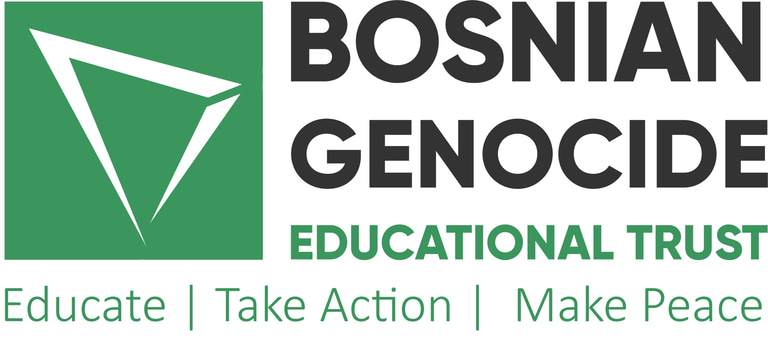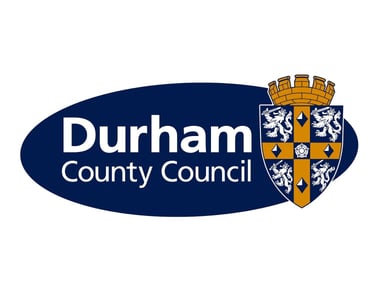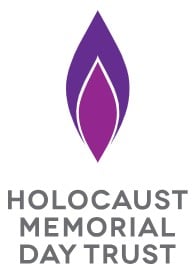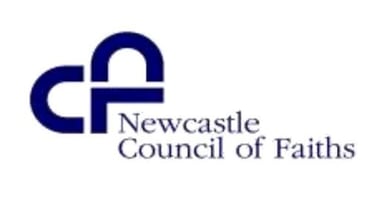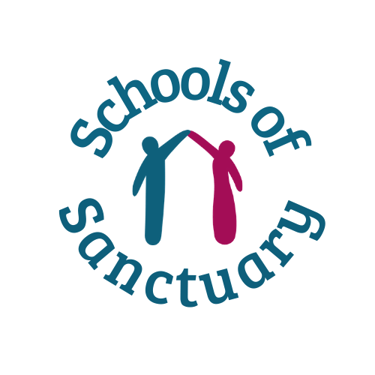A Survivor-Centred Holocaust and Genocide Education Project for UK Schools
What Is the Project?
“I Am Because We Are” is an immersive education project for schools in the UK in which participants follow the personal story of one genocide survivor — from the Holocaust, Bosnia, Rwanda, Darfur, or Cambodia — alongside the voices of individuals here in the UK who have helped to shape and share those stories - including aid workers, teachers, and others.
It is a survivor-led, story-centred programme grounded in human experience and reflective learning. The project provides students with an opportunity to engage deeply with histories of genocide through personal stories, and to explore what this learning means for them, their schools, and their wider communities.
It is also an opportunity for students to reflect on their own stories — their identities, values, communities, and experiences — and to explore how these are shaped by the world around them.
Students engage in a series of activities and challenges that:
Explore the historical processes and lived experiences of genocide
Encourage personal reflection on identity, belonging, welcome, and exclusion
Inspire civic values like empathy, solidarity, and active citizenship
The project includes two Learning Day Conferences, where participants meet and learn from survivors, experts, and peers from other schools. Participants are then supported to develop a legacy project that carries the learning into meaningful action.
Project Aims and Philosophy
At the heart of this project lies a commitment to telling the kind of history that doesn’t just record what happened but helps us understand how it felt — the kind of history that speaks to human experience as an unfolding moral and human story. There are two kinds of histories: one made of numbers, statistics, records and maps. But there is another kind — one that tells us why those numbers matter.
This is the kind of history that helps us understand what it was like to be a child in Auschwitz in the 1940s or in Srebrenica in July 1995. The project takes its name from the South African proverb Ubuntu, which teaches:
“I am a person through other people. My humanity is tied to yours.”
It is about recognition - recognising humanity in each other. It reminds us that stories of genocide are not only stories of destruction — but also of courage, resistance, humanity, and survival. These are stories that ask us to reflect on who we are, and who we choose to become.
The project aims to build in-depth understanding of genocide as a process — exploring its causes, warning signs, and long-term consequences — with a view to helping prevent future atrocities through education, awareness, and civic engagement.
How it works: Learning Through Stories
Participating schools receive an education pack at the start of the academic year and are allocated a story of one survivor — such as:
Dr Martin Stern MBE (Holocaust)
Smajo Beso OBE (Bosnia)
Antoinette Mutabazi (Rwanda)
Other stories from Darfur, Cambodia, UK’s refugee communities, as well individuals in the UK who have shaped these narratives
Other stories include survivors of genocide in Darfur and Cambodia, voices from the UK’s refugee communities, and individuals who have played a part in sharing and preserving these narratives. Students begin by exploring that individual’s journey through, photographs, personal objects, archive material, and video testimony. This approach is designed to humanise and personalise history.
They are then supported through a structured programme of learning activities and creative challenges, designed to deepen historical knowledge, critical thinking skills, and the capacity to reflect on the moral and civic dimensions of genocide.
The Stories We Learn From
At the heart of I Am Because We Are are the stories of genocide survivors who have chosen to share their lived experiences so that others may learn, reflect, and act. These individuals do not just teach history — they embody resilience, responsibility, and the moral courage to speak out in the face of hatred.
Each participating school is allocated one of these stories to explore in depth. These are not abstract narratives or textbook figures. They are real people whose lives have been marked by violence and exclusion — and who now stand as witnesses and educators to help prevent it from happening again.
I am because we are: School Programme
Dr Martin Stern MBE is a Holocaust survivor and was five years old when he was taken to a concentration camp. He was born in Holland in 1938 and experienced Nazi persecution in the Netherlands before being sent to Westerbork camp in the northern part of the country in 1944, followed by the Theresienstadt Ghetto in Czechoslovakia.
Martin came to the UK in 1950, went to Manchester Grammar School and then on to Oxford University to read medicine. Since retiring, he has shared his powerful story up and down the country warning about the dangers of identity passed violence.
MARTIN STERN MBE
Smajo Bešo is a child survivor from Bosnia. He has seen the worst and best of humanity. He was born in Bosnia in 1985. His father, and several male relatives, were tortured in concentration camps as Bosnian Muslims became targets of genocide. Smajo’s close relatives were murdered.
After surviving the horrors of the genocide, he found refuge in the UK where he now proudly embraces his Bosnian roots and new-found Geordie identity. Today, he regularly shares his experiences and has played a vital role in organising Holocaust Memorial Day and Bosnian Genocide commemorations across the country.
Antoinette Mutabazi is a child survivor of the 1994 genocide against the Tutsi in Rwanda. She was born in 1982. She endured a harrowing 90-day period, hiding from the killers who murdered her mother, two young brothers, and dozens of other relatives.
Now, Antoinette works with organisations including the Holocaust Memorial Day Trust to share her story, using her shocking testimony to campaign against hatred and discrimination. As a genocide survivor, I feel compelled to share what happened, no matter how painful or traumatic.
ANTOINETTE MUTABAZI
SMAJO BEŠO OBE
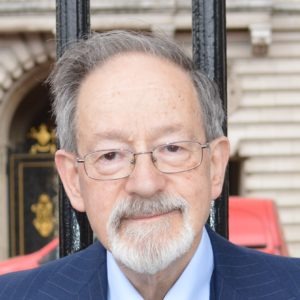

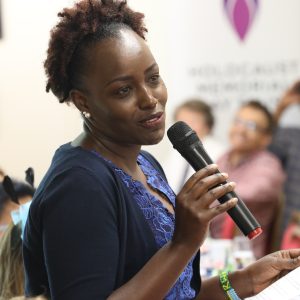

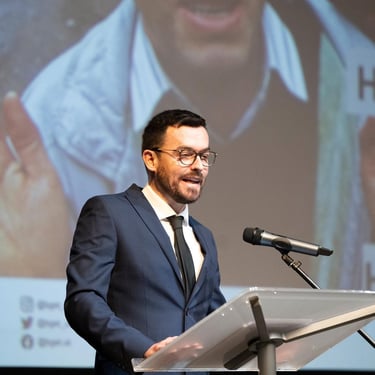

This programme would be best suited for year groups 8 – 10 in secondary school. We welcome schools and pupils from all backgrounds and sectors.
Curriculum links: History, RE, Literacy (emotional, English, media, religious, online), Citizenship, SMSC, English, and PSHE.
Who is for?
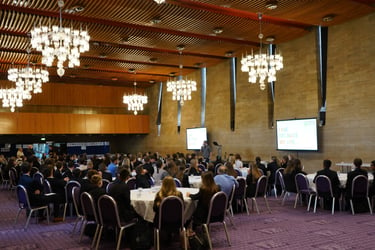
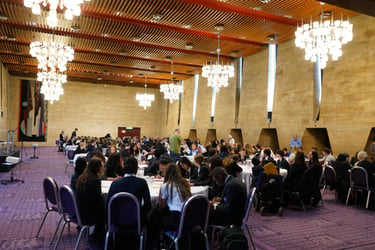
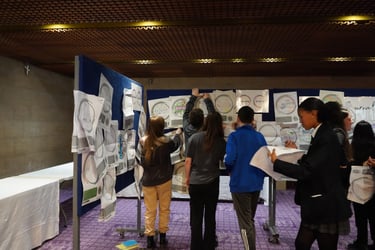
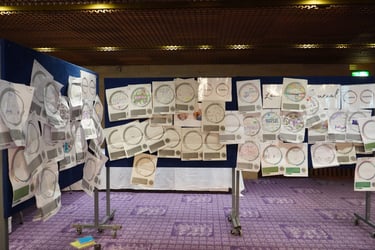
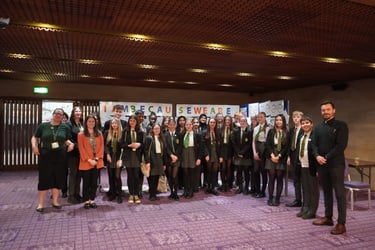
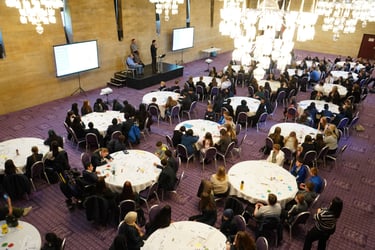
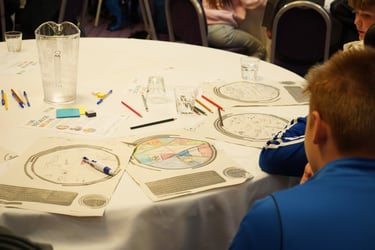
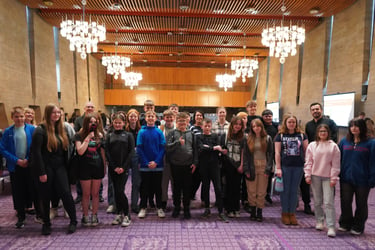








The development of this programme was made possible by a generous grant from



